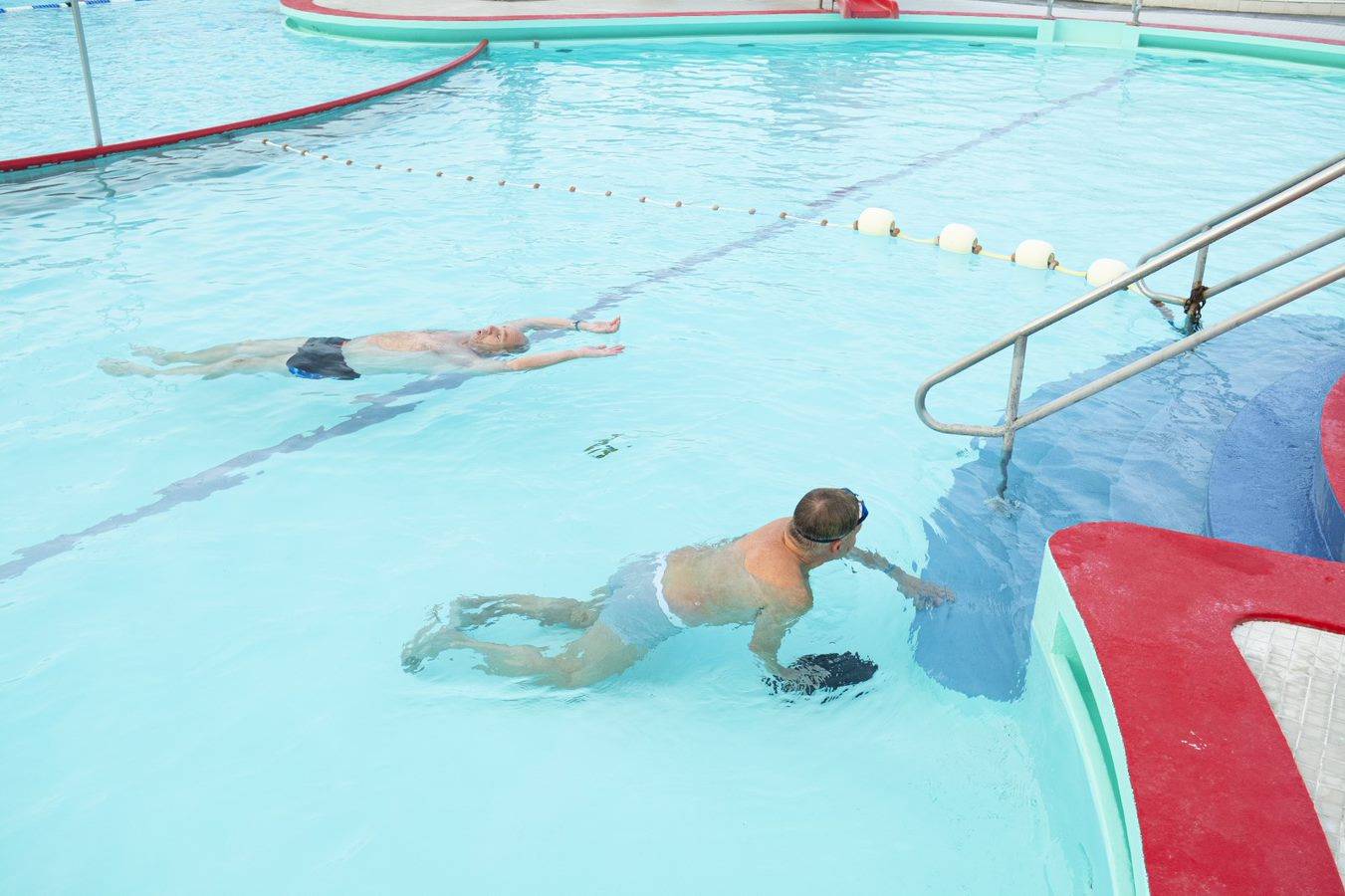COVID-19: Restrictions to be relaxed from 10 December
The Minister of Health has decided on changes to the preventive measures against the COVID-19 pandemic, taking effect on 10 December 2020. On that date, some cautious relaxations will be made to the restrictions on the size of gatherings, and the new rules will remain in force until 12 January 2021. The rules applying in schools will continue unchanged, for the most part, until the end of the year; it is planned to announce new rules shortly that will take effect in schools on 1 January 2021.
Delicate situation
These changes are for the most part in accordance with the recommendations from the Chief Epidemiologist. As has been reported, there have been ups and downs in the pattern of COVID-19 infections since the current restrictions were imposed. A noticeable surge in infections took place at the end of November, but the past few days have seen a fall in the infection rate, with most cases diagnosed being in people who are already in quarantine. “It is therefore clear that we have managed to control the pandemic to a reasonable extent at the moment,” says the Chief Epidemiologist, “but at the same time the situation can be described as delicate. Things could go either way.”
Principal changes to the restrictions on gatherings
- Size restrictions: With certain exceptions, a maximum of 10 persons continues to apply.
- Children: The provisions on maximum size of gatherings, social distancing and the obligation to use face-masks do not apply to children born in or after 2005.
- Shops: All shops may admit 5 customers for every 10 m² of their floor area, up to a maximum of 100 persons.
- Restaurants: Up to 15 customers may be admitted to each restricted area. Premises may stay open until 10 p.m. but may not admit new guests after 9 p.m.
- Swimming pools and bathing facilities: These may be opened to up to 50% of the maximum number of guests permitted under their operating licences.
- Sports under the auspices of the National Olympic and Sports Association of Iceland (ÍSÍ): Sports training sessions for persons born in or before 2004 are permitted, whether or not they involve physical contact, in sports in the senior league of ÍSÍ.Training sessions for prominent athletes in sports for solo participants are permitted. However, training in combat sports which involve physical contact is not permitted.
- Other sport: All persons are permitted to pursue organised training out of doors which does not involve physical contact.
- Stage performances, cinema showings and other cultural events will be permitted with up to 30 persons on stage; this applies to both rehearsals and performances. Up to 50 audience members may be admitted; they shall be seated, and must use face-masks; up to 100 children born in or after 2005 may be admitted. Neither intervals nor the sale of alcoholic beverages during performances are permitted. Seats shall be numbered, and the names of their occupants shall be recorded.
- Funerals: A maximum of 50 guests may attend funerals.
- Period of validity: The changes listed above shall be in force from 10 December 2020 until 12 January 2021.
Changes to restrictions in force in schools
- The provisions restricting the mixture of groups and maximum numbers of pre-school (kindergarten) children are set aside. This will make it easier for pre-schools to organise their activities over the Christmas and New Year periods, when groups from different classes or even different pre-schools are often combined.
- Under the regulations, the 2-m distance rule and the face-mask obligation will no longer apply to pupils in Grades 8-10.
- Reading/study areas in the upper secondary schools (pupils aged 16+) and universities may be open for up to 30 persons.
- Rules on activities in schools which will take effect on 1 January 2021 will be announced shortly.
- Period of validity: The changes listed above will be in force from 10 December until 31 December 2020.
Provisions on review are included in the regulations on measures against the pandemic; these require the authorities to review the need for restrictions in the light of circumstances. The outcome of such reviews may be that they will decide on further relaxation of restrictions, or on tighter restrictions where these are called for.

